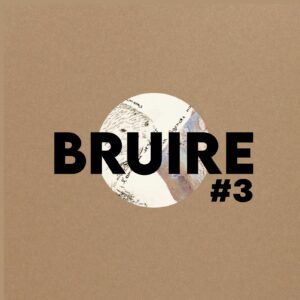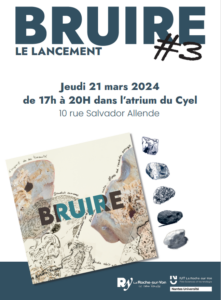[#InEnglish] Me Too Movement’s birth, part 1
The publication of Eric Brion’s book, first man accused in France in the movement called #MeToo – also known as the “Balance Ton Porc” movement in French –, is a reminder that it has been 3 years since the Me Too movement really shot up and changed the world vision on feminism and the significant issue of sexual assault.
Let’s take a look at its birth which can be considered as the beginning of a new generation of feminists, and gave a new weight and visibility to feminism, like a 2nd birth.
American context
#MeToo started in America. Therefore, it will be relevant to shed light on social context America was, when Me Too was born.
Over the last decades, American women have been struggling for their rights, access to equality and freedom.
One can notice the existence of 3 major waves in American feminism history.
First, women in the 1920’s fought for women’s legal right to vote in the US. Then, the second wave started in 1966 with the foundation of NOW, National Organization for Women. Their purpose was to fight for safe abortion right and denounce men’s privileges primarily in educational and professional fields. Finally, since 1990, feminism has tended to merge with other movements such as movements against racism and homophobia or transphobia, or even veganism. They state that “feminism includes all races, genders and sexualities”.
Nowadays, we can talk about a 4th wave that appeared in the 2010’s, especially marked by #MeToo. This new wave, sometimes called “neofeminism”, is criticised by some people because, in their opinion, generation Z feminists’ demands are too scattered, leading to muddle the movement.
Right after Donald Trump’s election on 21 January 2017, millions of people all over the United States and more than 1 million people in Washington protested against the new president and his archaic politics against minorities.
This social context along with feminism history have paved the way for the 2006 #MeToo in 2006 that literally exploded in 2017.
Portrait of Tarana Burke
Indeed, we tend to think that #MeToo was born in 2017, with the Harvey Weinstein scandal. But it was actually created in 2006 by a social worker and sexual harassment survivor from the Bronx, Tarana Burke, to give some visibility to minorities such as the black women community. She encouraged victims of sexual harassment, sexual assaults, violence, to share their experiences on Myspace, in order to let other victims know there were not alone in this fight.
Her purpose at first was not to create a popular and viral hashtag but to help victims to heal from the rape they survived to. Nonetheless, the Weinstein scandal turned Me Too into a widespread and cross-cultural movement.
Nowadays, according to Tamara Burke, #MeToo has gotten away from its origins. Actually, she regrets that the movement focuses on Hollywood celebrities rather than on minorities, and more on abusers rather than on victims. She’s been the recipient of several prizes and was elected one of the 100 world most influential people by Times Magazine in 2018.
…To be continued next month !
Marie Rochet







